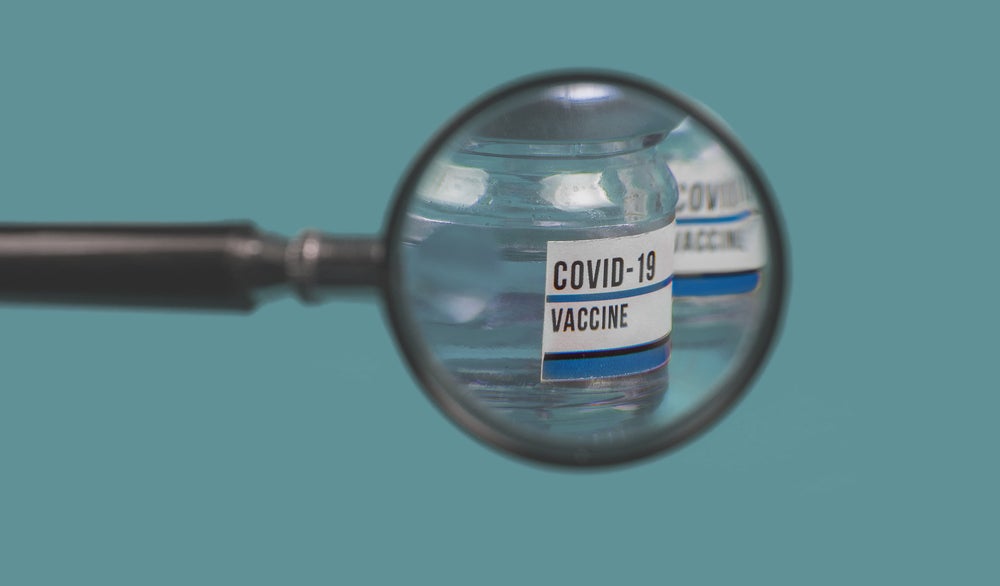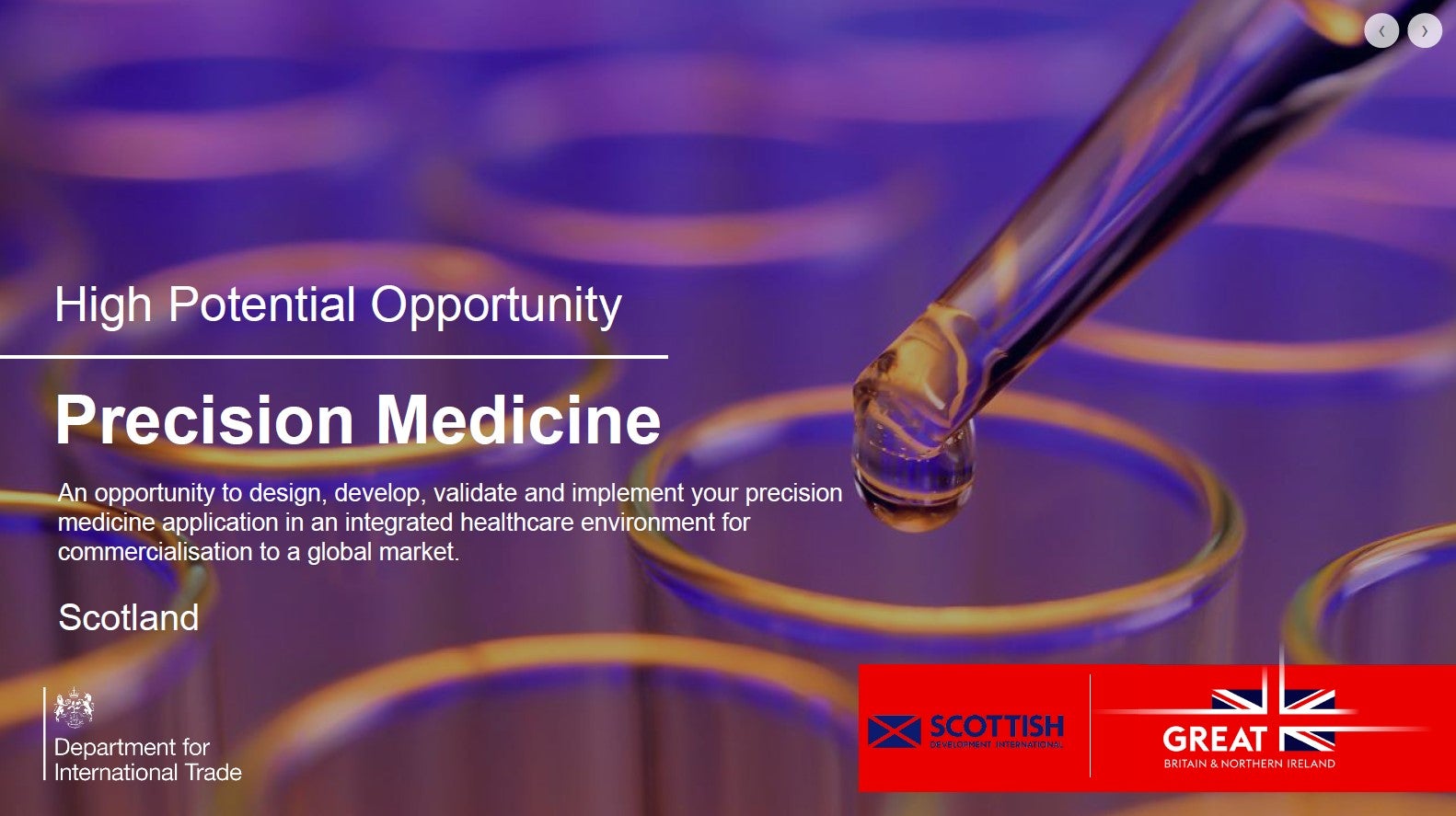
Though far from the first pandemic in recent history, the rapid and far-reaching spread of Covid-19 worldwide has thrust drug safety into the spotlight in a way never seen before. The public is more aware of the role of health regulators than ever – and with agencies facing unprecedented demand for information and answers, pharmacovigilance (PV) has had to find ways to keep up.
PV – the assessment, monitoring and prevention of adverse events from pharmaceutical products – was “historically a very conservative profession”, says Annette Williams, contract research organisation IQVIA’s vice-president and global head of lifecycle safety.

Discover B2B Marketing That Performs
Combine business intelligence and editorial excellence to reach engaged professionals across 36 leading media platforms.
While the global impact of Covid-19 has been devastating, the pandemic and its demands have pushed the PV field to innovate and develop new, more efficient ways of collecting and utilising drug safety data.
Reacting to change
Prior to the pandemic, Williams says, PV had been resistant to change – but the Covid-19 crisis forced the area to reassess the way it operated.
“We learned very quickly that the historical vaccine adverse event (AE) models did not apply,” she says. “We had to be able to adapt quickly and move, so it required a huge amount of human resources, but also we had to think differently.
“The regulators, in anticipation of the vaccines, made some significant changes to how they were receiving information.

US Tariffs are shifting - will you react or anticipate?
Don’t let policy changes catch you off guard. Stay proactive with real-time data and expert analysis.
By GlobalData“Historically, most AE information went to the market authorisation holders, the manufacturers, and then they forward report,” Williams explains. “In the pandemic, the opposite happened. For example, with the MHRA, they updated their Yellow Card Scheme, and they attached a significant amount of artificial intelligence to that so patients could directly report to them.
“The Yellow Card had been in place for a long time in the UK, but with Covid coming, they anticipated the need for speed.”
AI: adapting and innovating the process
“This pandemic really has been a tremendous opportunity to really change the way we operate fundamentally, and really adapt and adopt new technologies,” Williams says. “And we’ve done that in a multitude of ways.”
AE reporting is a highly time and resource-consuming activity for regulatory bodies, and the exponential increase in AE information relating to new Covid-19 drugs and vaccines has presented further challenges for the field.
One means of alleviating the pandemic’s burden on an already process-heavy area is the automation of AE data intake, through which reports are interpreted and presented more quickly and accurately than is possible for a human being. IQVIA has embraced this approach, Williams says; the company is using robotic technology and machine learning to process AE reports, as well as automatically standardising and translating the safety data coming in.
“Obviously, Covid-19 is a global problem, so not everything comes to us in English,” Williams explains. “We need to be able to react to that.”
Using advanced technology to optimise pharmacovigilance is not a new idea – a study in 2018 found that 62% of drug safety experts prefer using artificial intelligence (AI) for AE processing – but the sheer amount of AE reports received due to new Covid-19 drugs and vaccines means that traditional methods are simply no longer an option.
The crucial role of AI in reacting to and handling unprecedented volumes of AE data is evidenced by the UK Government’s 2020 deal with US firm Genpact, in which the latter received £1.5m to develop an AI tool for sifting through vaccine-specific adverse drug reaction (ADR) reports.
In the procurement document for the AI programme, the UK drugs regulator MHRA said “it is not possible to retrofit the MHRA’s legacy systems to handle the volume of ADRs that will be generated by a Covid-19 vaccine”.
“Therefore, if the MHRA does not implement the AI tool, it will be unable to process these ADRs effectively. This will hinder its ability to rapidly identify any potential safety issues with the Covid-19 vaccine and represents a direct threat to patient life and public health,” the agency stated.
Williams says IQVIA is also making use of AI when it comes to responding to and informing members of the public about vaccine and drug safety.
“The public is demanding more and more information, so our medical information call centres are also adapting with more technology, and we’re using AI-enabled agents who can handle many of the routine questions patients have,” she says.
“It also allows us to give greater service in the after-hours scenario; 15%-25% of the live calls that humans used to have to answer, the AI agents are now able to answer.
“There’s a lot of innovation happening that’s really allowing us to future-proof our organisation, and we’re extremely proud of that.”
Increased public awareness
The global rollout of Covid-19 vaccines, and the extensive media coverage of their potential side effects, has brought the issue of drug safety to the fore. The public has been encouraged to report any side effects experienced after receiving coronavirus jabs, and therefore have become familiar with regulatory and drug safety monitoring processes that, previously, many may not have been aware of.
So, will increased AE reporting due to Covid-19 pharmaceuticals have a knock-on effect when it comes to reporting on other medicines?
“Only time will tell whether we see sustained increased reporting,” Williams says. “But I can certainly tell you, as someone who’s been in pharmacovigilance a long time, when most people asked what I did professionally, they had no idea what pharmacovigilance was – I’d have to explain that.
“Now, when I say that I’m in pharmacovigilance and drug safety, people don’t ask me what that is. They know.”
Williams says the pandemic has seen pharmacovigilance go from what she once called “the back office” to front-page news.
“I believe the public has begun to realise their part in the importance of providing that feedback; that they have a role to play in drug safety, which, historically, maybe some of the public was not aware of,” she says. “I definitely believe that Covid-19 has changed that for us.”





